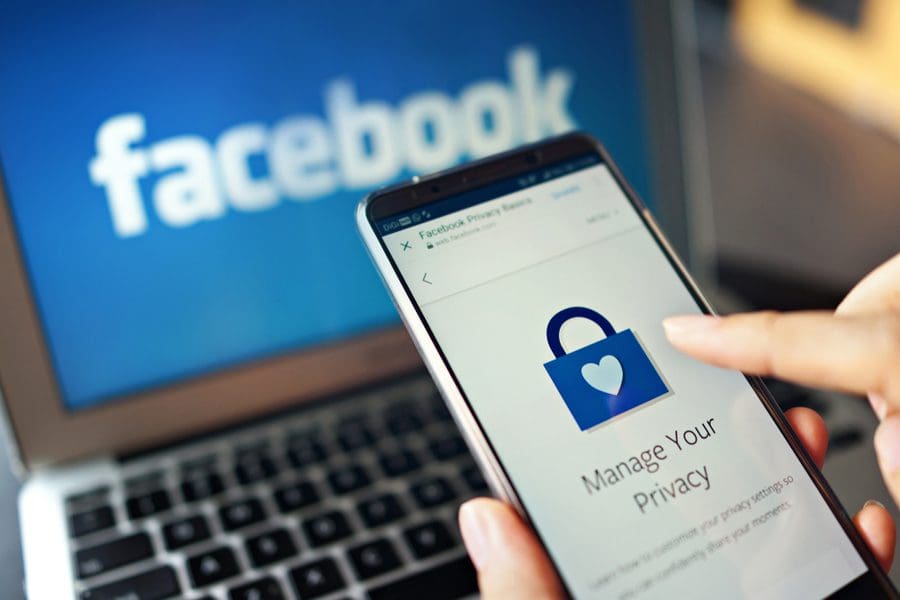In a world with LinkedIn, Facebook, Twitter, TikTok, Instagram, and more, we share a lot of information about ourselves. It’s all in good fun to post about our career updates, new home purchases, and favorite dog pics with all of our friends and family – but it can be dangerous to share too much. If a stranger explored each profile that popped up when they Google your name, how much could they piece together about your life? Most likely, they could quickly grab your full name, family members, city of residence, places you frequent, employer, email address, and phone number.
It’s pretty scary to think what could happen if all of this information fell into the wrong hands. Whether it’s robbing your home while you’re on vacation, fraudulently using your bank accounts, or blackmailing you with an older embarrassing photo, criminals can be empowered by all of the information we make readily available. What are your privacy settings? Who can see your posts? Here’s how you can find out how public your life is online and ways to protect yourself.
Dive Deep Into Your Profiles
Social media is an easy place to make a privacy blunder. That’s why regular profile audits are vital to your safety! Visit each of your profiles via a private or incognito browser window to understand how people on the outside see your information. For example, your “About me” sections might contain your city, family members, employer, phone number, and more. Be sure to check your photos, too! Look for revealing information – like school names on your child’s back-to-school photos or house numbers on your new home announcement.
Watch your responses to others’ posts as well. Hackers can phish for your passwords by posting seemingly harmless images or stories that ask you to share the name of your favorite teacher, your mother’s maiden name, or the name of your favorite pet. Unfortunately, these posts aren’t a place to innocently reminisce; they’re collecting information that people most commonly use as their passwords! And if a hacker can guess your password, they can access all of the data in your account – public or not.
Limit Privacy Settings
Social media platforms allow you to decide who can see what, and you should take advantage of that. Some default settings make profiles readily accessible to anyone through a simple Google search. More private settings will help you lock down your account so that the only people who can see what you post are approved friends and followers.
While it might cost you some ”likes,” locking down your accounts will help protect your safety. Some apps like Snapchat, Instagram, and Facebook let you create groups to share posts only with trusted contacts. This comes in handy if you want to share something with a few people but not every acquaintance you’ve ever added on Facebook.
Online privacy is an important topic that is often overlooked. It’s important to understand the dangers of privacy infringement and know how to protect yourself and your information!






